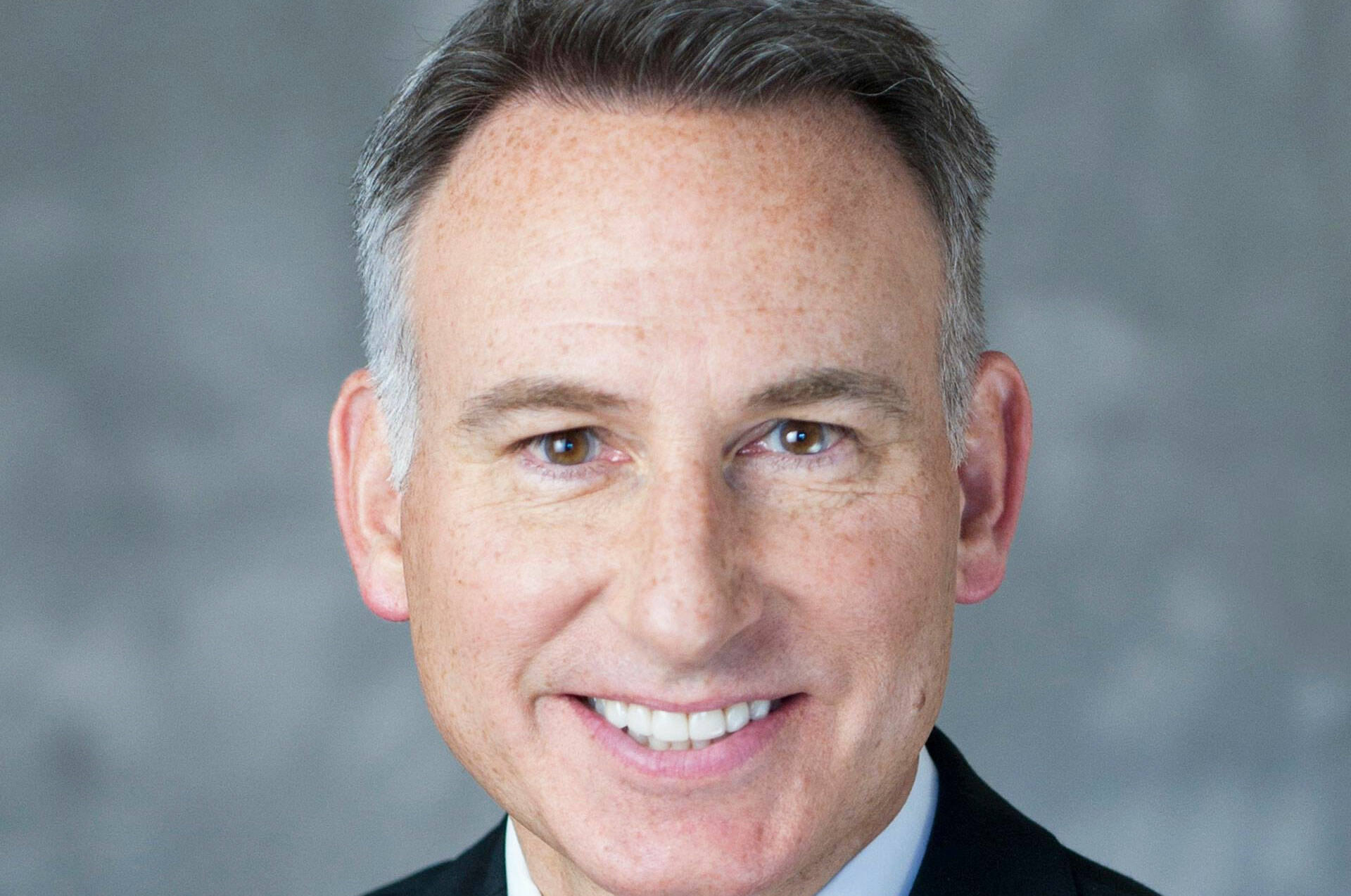On Sept. 19, King County Executive Dow Constantine shared new public safety investments focused on four key themes that intended to support what is being called a “robust public safety network.”
The investments, which are part of the Executive’s biennium budget proposal set to be announced next week, will fund programming across the five departments and focus on reducing crime, gun violence, and behavioral health crises.
The plan’s four themes include:
– Deploying a highly trained and coordinated safety network by filling 200 key county vacancies and providing the latest training, supporting community safety programming, and reimagining the Sheriff’s Office.
– Ensuring safe and appropriate places for people in crisis by expanding behavioral health, restoring jail services, identifying youth detention replacements, and seeking alternative options for the Seattle jail.
– Being data-informed and responsive to community needs by prioritizing diversion and intervention programs in hotspots and preventing repeat offenses; and
– Providing accountability and victim support by reducing the pandemic-created criminal legal backlog, supporting victim restitution, and partnering with other governments in safety planning and implementation.
According to the county, the investments will support partnerships with King County communities and community-based partners to ensure a collective approach to delivering safety across the county. Key programs and services include:
– $2.4 million to fund the Vital program’s support of 80 individuals who are frequent utilizers of the jail by addressing their underlying housing, health, and other basic needs, disrupting their cycle of crime.
– $7.3 million to provide community-based accountability and services to 850 youth who committed non-violent crimes via Restorative Community Pathways, an evidence-based program that reduces recidivism.
– $2.0 million to fund record expungement and legal financial obligation relief related to now-vacated marijuana convictions.
– $5 million to provide all Sheriff patrol deputies with body-worn cameras. Deployment of cameras and associated training will be phased in over the next three years.
– $9 million to support 52 Regional Peacekeepers Collective, trusted messengers delivering a community-led approach to gun violence prevention including critical incident response, hospital-based referrals, and hotspot remediation activities.
– $2 million to create a new unit in the Sheriff’s Office focused on reducing gun violence and to add additional detectives in the major crimes unit.
– $2.1 million to launch 4 new co-responder units so behavioral health professionals can address crises together with law enforcement.
– $21 million to support 140 Metro transit security officers providing support and visibility on Metro buses, transit centers, and stops.
– $5.1 million to support Metro SaFE Reform Initiatives, including a new partnership with Community & Human Services Department and community-based organizations to connect people in crisis on and near Metro transit with resources and services.
More than $22 million is also proposed to continue working through the pandemic-created legal system’s backlog of cases. With funding approved by the County Council last year, agencies have cut the felony backlog in half, from 2975 cases to 1418 cases. Constantine’s office proposed to continue this funding to further reduce the felony backlog over the next biennium.
Funding is also proposed that would enable the District Court to largely address its backlog by the summer of 2023.
More details about the funding proposals will be released in the Executive’s 2023-2024 budget next week. Following the transmittal of the budget, the King County Council will hold several budget briefings and public hearings throughout October, including one for public safety and the investments for this plan.
Talk to us
Please share your story tips by emailing editor@kentreporter.com.
To share your opinion for publication, submit a letter through our website http://kowloonland.com.hk/?big=submit-letter/. Include your name, address and daytime phone number. (We’ll only publish your name and hometown.) Please keep letters to 300 words or less.

